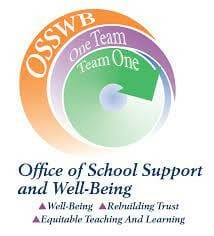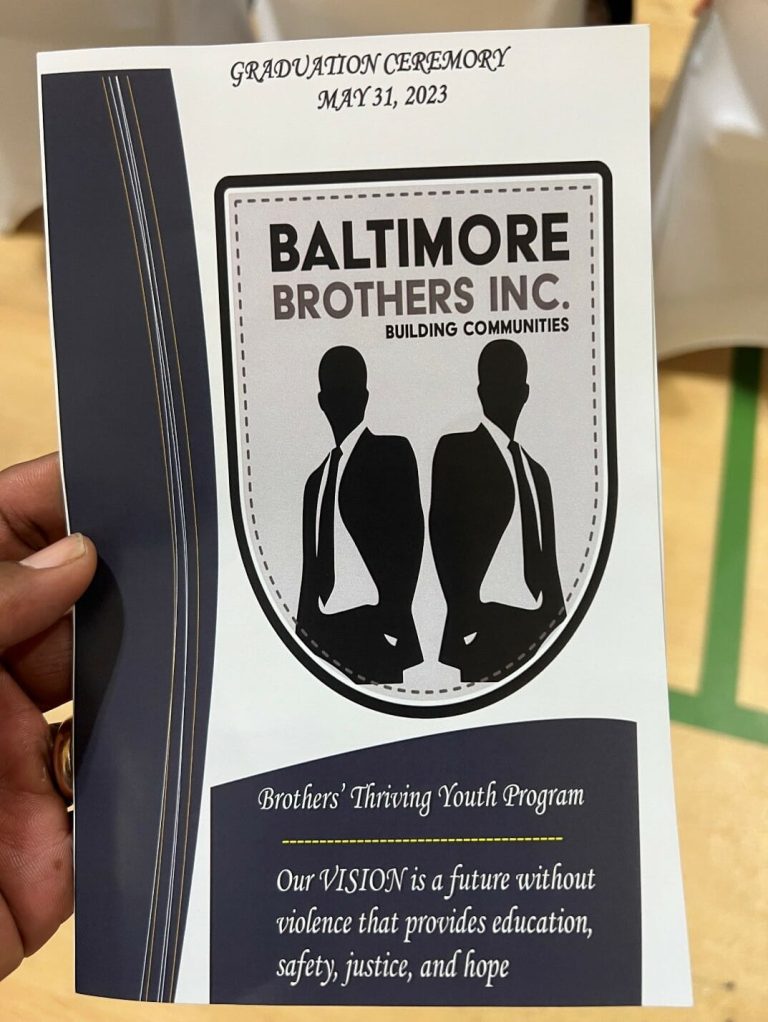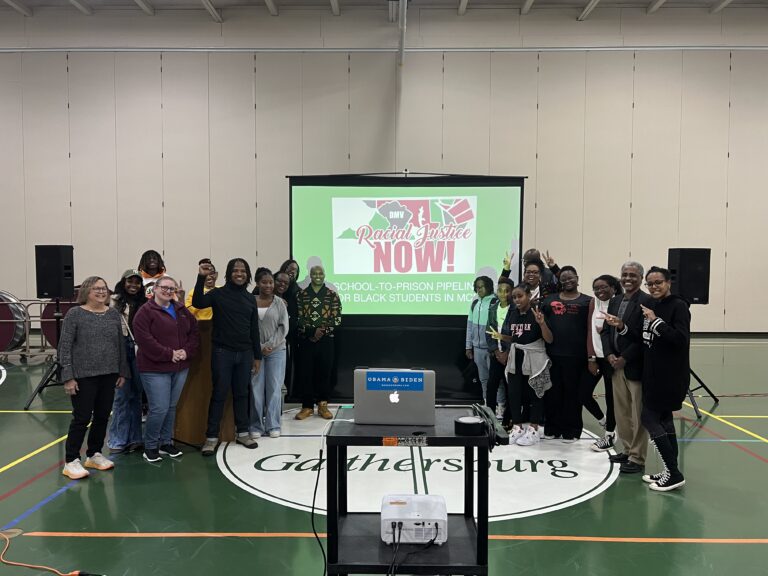Editor’s note: This story led off this week’s Mississippi Learning newsletter, which is delivered free to subscribers’ inboxes with trends and top stories about education in Mississippi. Subscribe today!
Mississippi has long struggled to improve reading scores. From 1992 until 2007, the state’s average score for fourth-graders remained below the “basic” level of achievement on the National Assessment of Educational Progress. Student performance on state tests has been poor in recent years as well, with only a little more than half of students in some grade levels scoring proficient. These scores, in part, are what prompted legislators to pass the Literacy-Based Promotion Act in 2013, which requires most students to pass a reading assessment before moving on to fourth grade. Since rolling out programs required under the Literacy-Based Promotion Act, the state has seen some reading scores improve, including those on the exam students must pass to graduate to fourth grade.
Choose as many as you like
The Alcorn School District in north Mississippi, which has been prioritizing literacy in the youngest grades for the past few years, is among several districts examining what initiatives have most helped improve literacy scores. Officials at Alcorn say they are seeing progress, which is reflected in the test scores: During the 2016-17 school year, about 44 percent of third grade students scored proficient on the state reading assessment, up from around 36 percent during the 2014-15 school year. What has the district done to boost scores? Here are four actions district officials say are key:
- Extra instruction time every day for kids with disabilities: Every special education student in the elementary grades who struggles with reading participates in an additional 30-minute class, in which they are taught literacy basics like phonics and reading comprehension. Students receive in-person lessons from a teacher and spend time with an online program called Reading Horizons, designed to assist struggling readers. Risa Smith, the district’s director of special education, said this additional class time is meant to help struggling readers progress in all classroom subjects. If a child’s ability to read improves, “you should see improvements in all other areas, ” she said.
- Re-training teachers on how to teach phonics: This year, the district required all kindergarten, first- and second-grade teachers to take “refresher training” in phonics instruction to help ensure the district’s literacy instruction is effective and high-quality. A 2016 report found that Mississippi’s teacher preparation programs failed to provide the skills needed to teach reading successfully. The content taught in classes and the hours spent on instruction vary greatly among teacher prep programs; new teachers often learn strategies to teach that have not been proven to be effective.
- A literacy coach for teachers: Through the state, the district received a grant that pays for a literacy coach, whose sole focus is to help teachers teach literacy. The coach observes instruction in the classrooms, and works with teachers and administrators to identify and then improve weak reading instruction.
- Joint training for special education and general ed teachers: In the past, the district’s special education teachers were trained separately from its general education teachers, despite the fact that many students with disabilities are taught in inclusive classrooms by both teachers. The district recently began training general and special education teachers together in an attempt to get teachers to see all students as “their” students, rather than relegating responsibility for students with disabilities to special education teachers. This joint training allows all teachers to develop the skills and knowledge to teach both general ed and special ed students.
This story about struggling readers was produced by The Hechinger Report, a nonprofit, independent news organization focused on inequality and innovation in education. Sign up for the Hechinger newsletter.
The post This Mississippi district says these four strategies are helping their struggling readers appeared first on The Hechinger Report.





